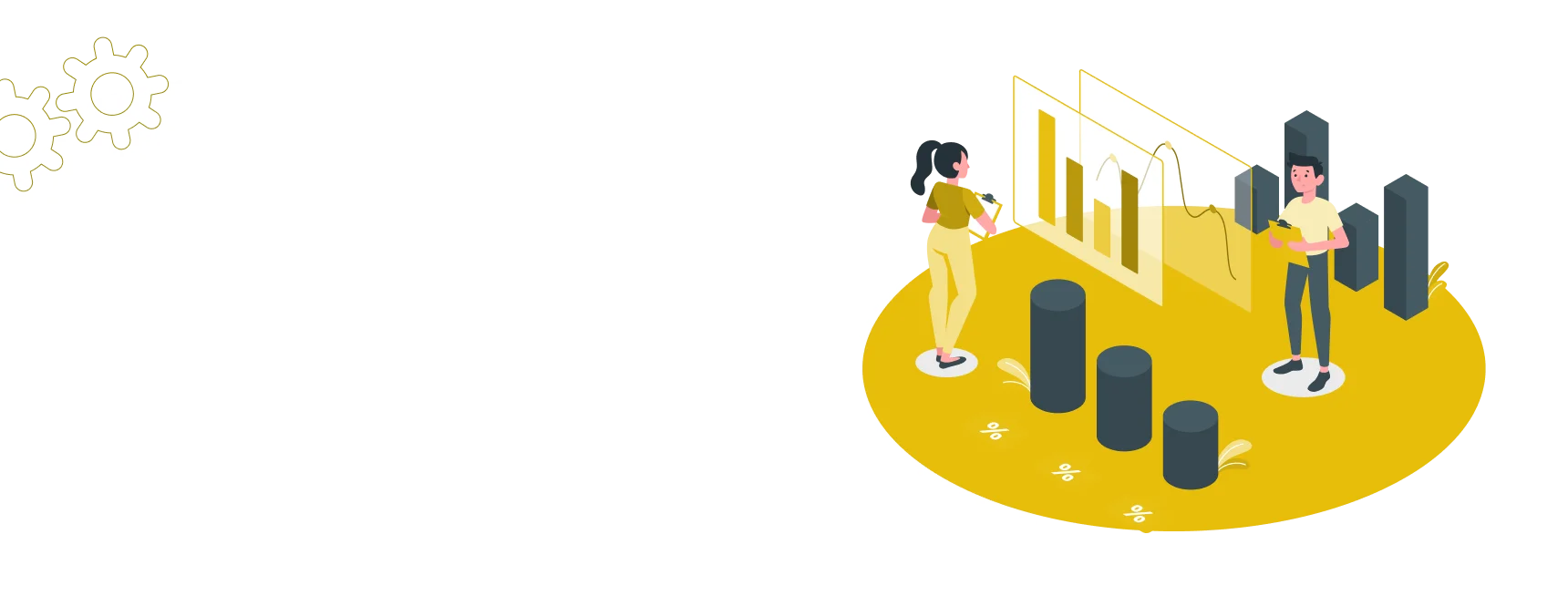Drupal SEO Services
Drupal’s a robust system, but also prone to complexity overload. We tune the stuff under the hood: metadata configs, taxonomy sprawl, caching logic, and rendering quirks. So your content actually ranks, and your stack stays intact.
Improve Drupal SEO

Table of Contents
WhyDrupal SEO Can Get Messy
Drupal's power lies in its flexibility. But that same flexibility can create chaos—especially when views, fields, and taxonomies stack up without control. We’ve seen SEO break from template overrides, cache mishandling, and metadata drift. The good news? All of it can be fixed.
Get a Drupal SEO Review
How We Handle Drupal's Quirks
With Drupal, SEO isn’t just about titles and tags — it’s about understanding how fields, modules, and
templates interact under the hood. We dig into render pipelines, menu logic, URL aliases, and field
output to find the friction points that search engines hate.
We combine standard tools like GSC, Ahrefs, and Screaming Frog with Drupal-native inspections. From
fixing broken taxonomy hierarchies to improving view exposure and crawlability, we make sure your site
isn’t just functional — it’s findable.

Initial Checks We Always Run
Drupal sites vary wildly—but the SEO issues we find? Surprisingly consistent. We start with core structural and configuration checks to identify hidden blockers, crawl traps, or metadata messes that quietly tank performance.
1
Path Alias Auditing
We check for URL mismatches between node paths, aliases, and canonical tags—especially on multilingual or content-heavy setups.
2
View Exposure & Render Rules
Views that rely on AJAX or lazy loading often hide content from search engines. We ensure key lists and archives render clean HTML.
3
Taxonomy & Content-Type Mapping
Overlapping vocabularies and misconfigured term displays create thin or duplicated content. We clean that up early.
4
Metadata Hierarchy Check
Drupal often layers meta output from multiple modules. We isolate where it’s being generated—and make sure it’s clean and consistent.
5
Schema Markup Validation
Using modules like Metatag or JSON-LD, we validate that schema is useful (and not contradictory or duplicated across fields).
6
Menu Routing & Crawl Flow
Broken menu trails or mismatched routes make crawlers lose track. We map clean navigation paths and remove detours.
Drupal Traffic & Performance Wins
+143%
Organic Sessions (Post Cleanup)
-41%
HTML Load Time Reduction
+69%
Indexed Pages (Cleaned Taxonomies)
Drupal SEO Tips & Resources
Drupal isn’t your average CMS—and that means it needs smarter SEO thinking. These reads break down common mistakes, overlooked settings, and config traps that hurt your visibility.
Results from Drupal Site Owners
Drupal gives you flexibility—but it also gives search engines a lot of room to get confused. These clients brought us in to clean things up—and saw real gains from it.
Get a Drupal-Specific SEO Plan
Drupal builds vary, but the SEO blockers usually follow patterns. We’ll examine your setup and lay out exactly what needs fixing, what’s already working, and what to prioritize. No platform-agnostic stuff.
Drupal SEO FAQ
Drupal isn’t like most CMSs, and SEO inside it behaves differently. These are the most common questions we get from teams running large or complex Drupal environments.
Is Drupal good for SEO out of the box?
It has potential—but not polish. By default, you’re missing structured data, clean aliases, canonical controls, and metadata consistency. Modules help, but only when configured properly.
Do I need to rebuild to improve rankings?
Rarely. We almost always work within your existing site structure—tuning templates, views, and SEO modules to get results without major dev work.
When will we start seeing changes?
Structural and crawlability fixes usually show impact in 3–4 weeks. Bigger content or taxonomy cleanups take longer—but results tend to stick.
Can modules or theme settings harm SEO?
Yes. We regularly find modules that conflict on meta output, overwrite canonical logic, or interfere with crawl paths. We’ll flag anything causing issues.
Is there risk to live content or caching?
We’re careful. Caching layers, block placement, and output logic in Drupal require nuance. All major changes are staged or reviewed before going live.
What tools do you use with Drupal?
Beyond GSC, GA4, and Screaming Frog, we use Drupal-specific checks: view exposure testing, alias mapping, menu tree logic, and schema inspection across content types.
Do you offer long-term support for Drupal sites?
Yes. We manage monthly retainers focused on rankings, content updates, schema improvements, speed audits, and taxonomy hygiene—especially for large content libraries.


